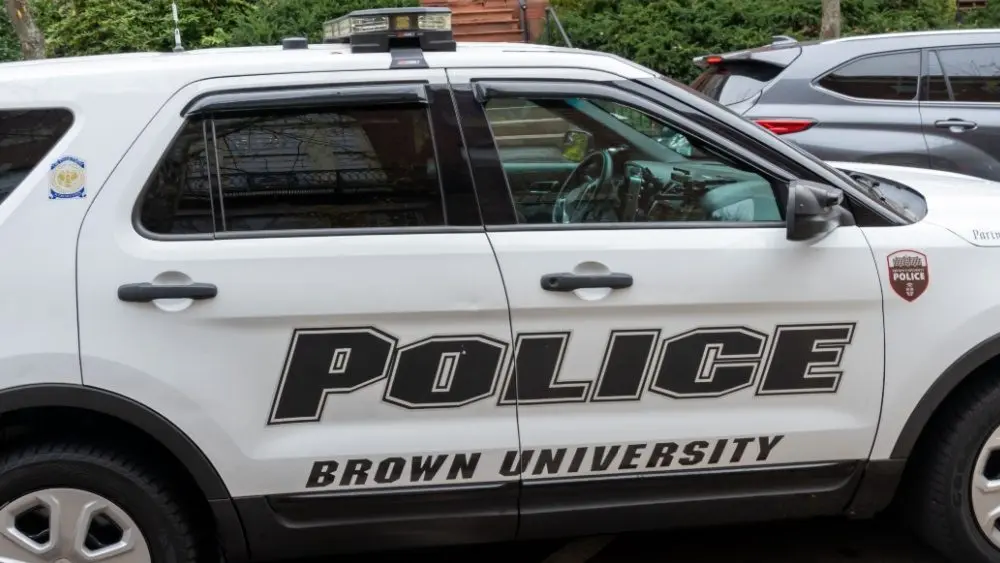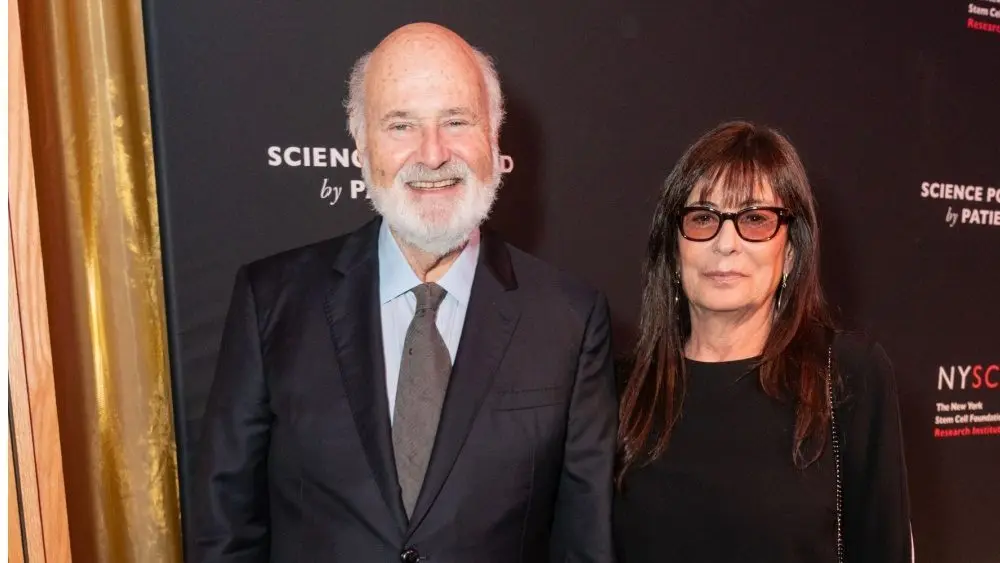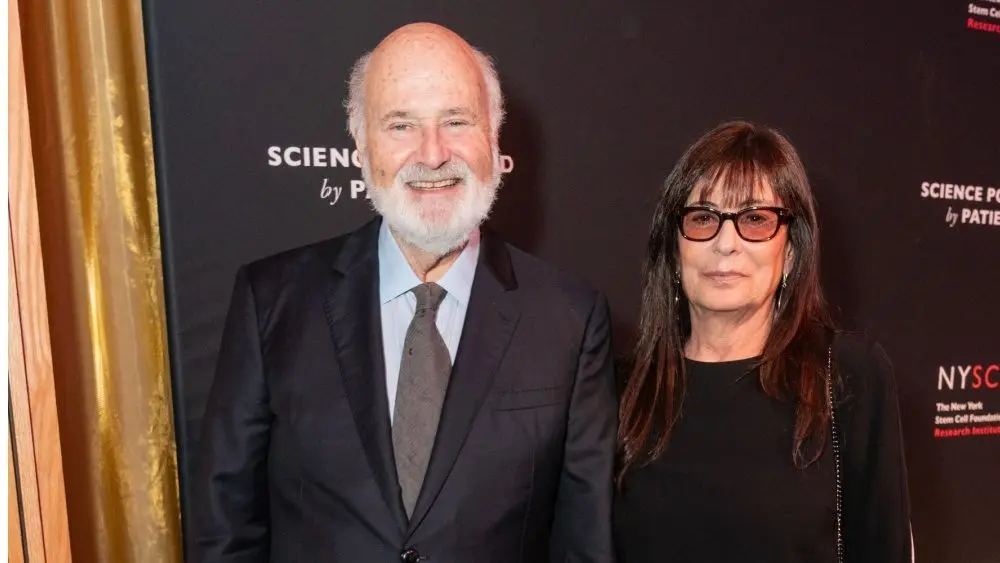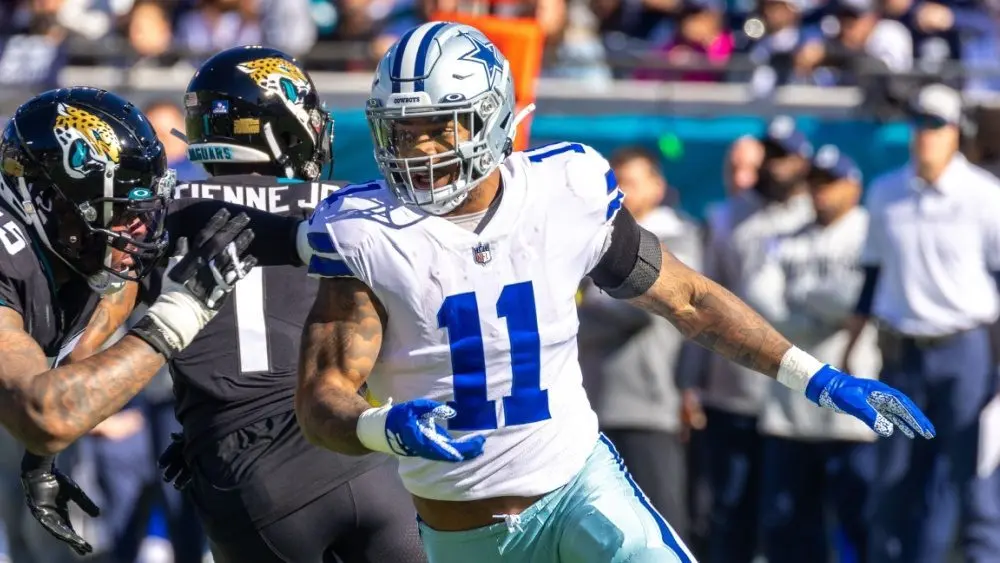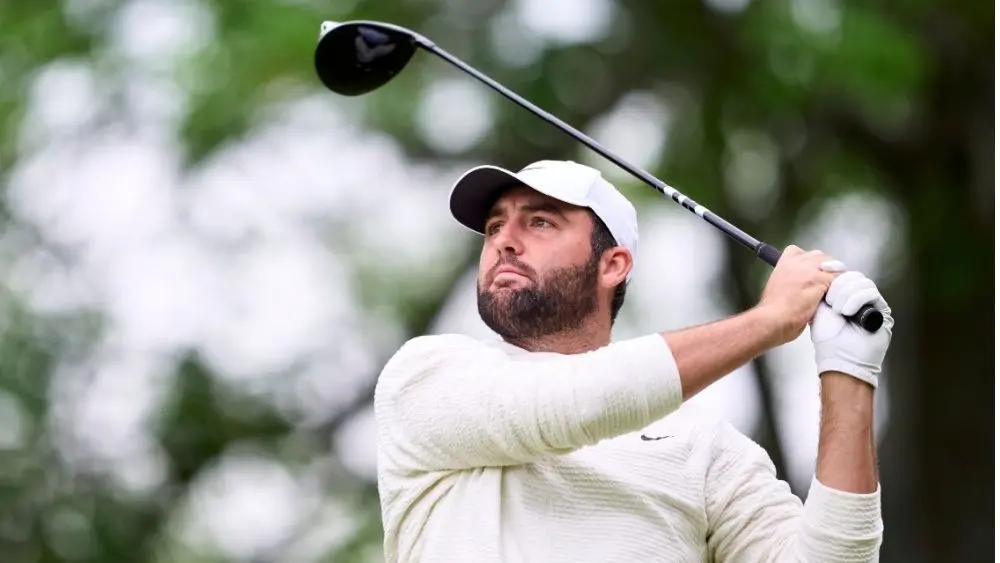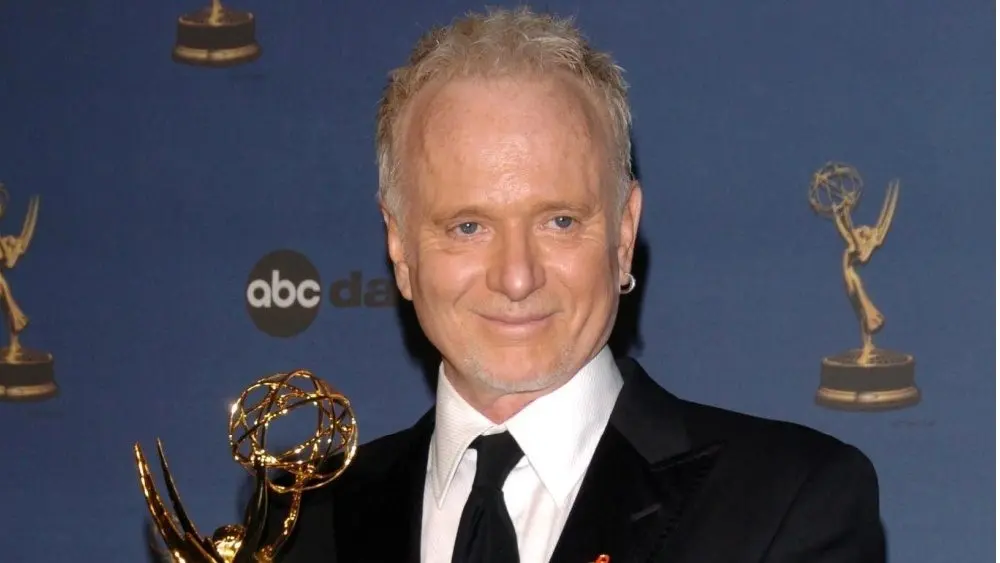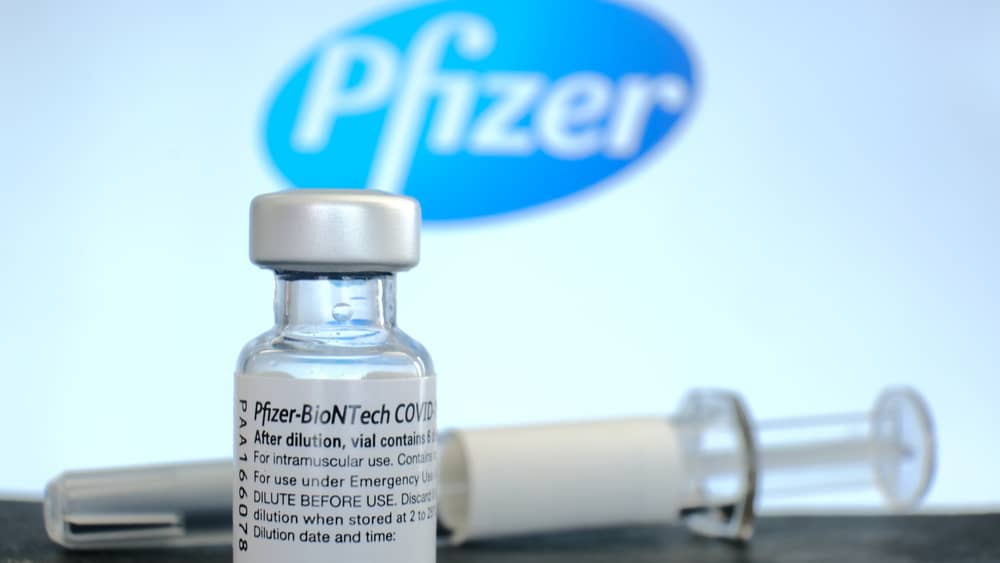
shutterstock_2026137224
On Tuesday, Pfizer announced it has asked the U.S. Food and Drug Administration (“FDA”) to authorize booster doses of its COVID-19 vaccine for all adults, ages 18 and older. The request comes a month and a half after the FDA authorized boosters for seniors and other higher-risk adults.
The request is similar to one made by Pfizer in August, when it asked federal regulators to amend its full license to allow a booster dose for individuals 16 and older. However many raised concerns that there was insufficient evidence to suggest that vaccine-induced immunity was waning in younger populations, particularly against severe disease. However, the company now says that new data from a large clinical trial of more than 10,000 fully vaccinated people found that a booster dose was over 95% effective against COVID-19 compared to individuals who were fully vaccinated but had not received a booster dose. A press release issued by Pfizer said that during the study period, “there were 5 cases of COVID-19 in the booster group, and 109 cases in the non-boosted group.” The company also says the efficacy of the booster dose was consistent across different ages and racial and ethnic groups.
Up until recently there was not enough known about the risk of a rare potential side effect, myocarditis or pericarditis — inflammation of different parts of the heart — after a third dose, particularly among young men. Safety data has shown that men under the age of 30 are at higher risk of the condition, specifically after the second dose of either the Pfizer or Moderna vaccine. The FDA has also allowed people to mix-and-match any of the three authorized or approved vaccines in the U.S. as a booster shot..
So far, nearly 25 million booster doses have been administered nationwide, representing more than 12% of individuals who are fully vaccinated. Nearly a third of individuals who are 65 or older and are fully vaccinated have received a booster.
Editorial credit: Flowersandtraveling / Shutterstock.com








